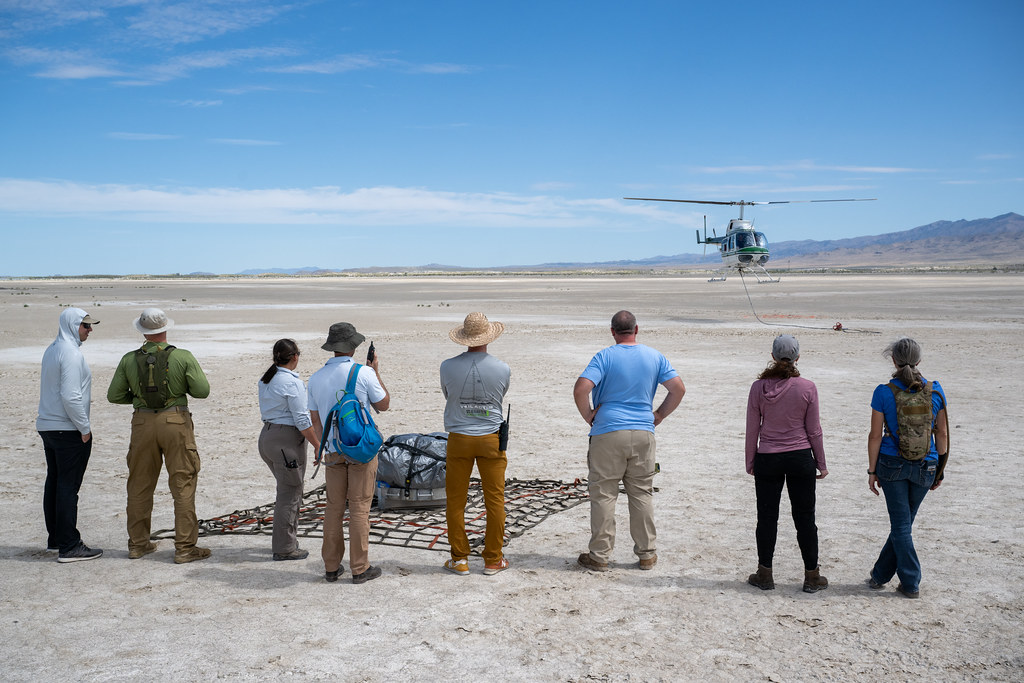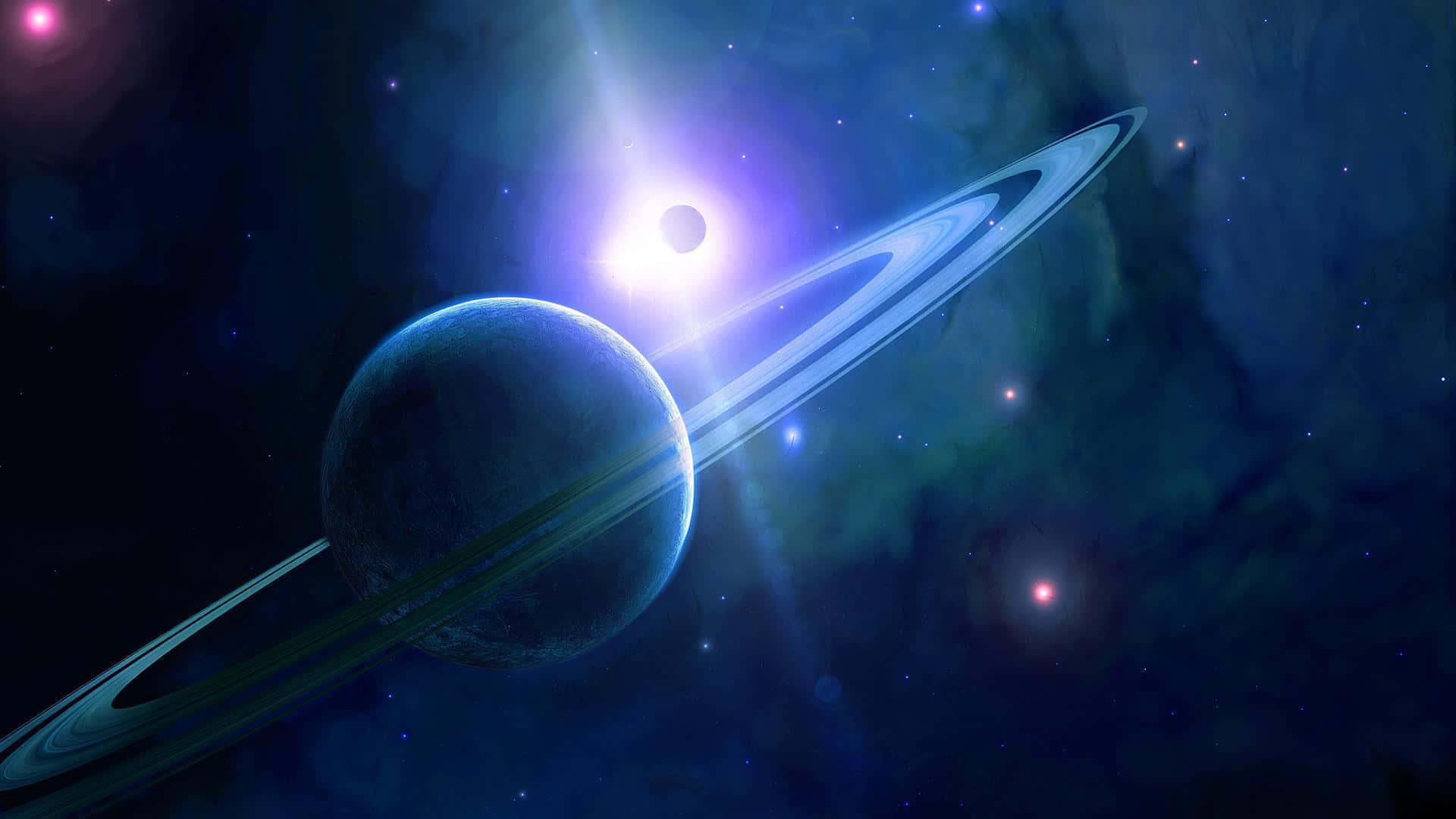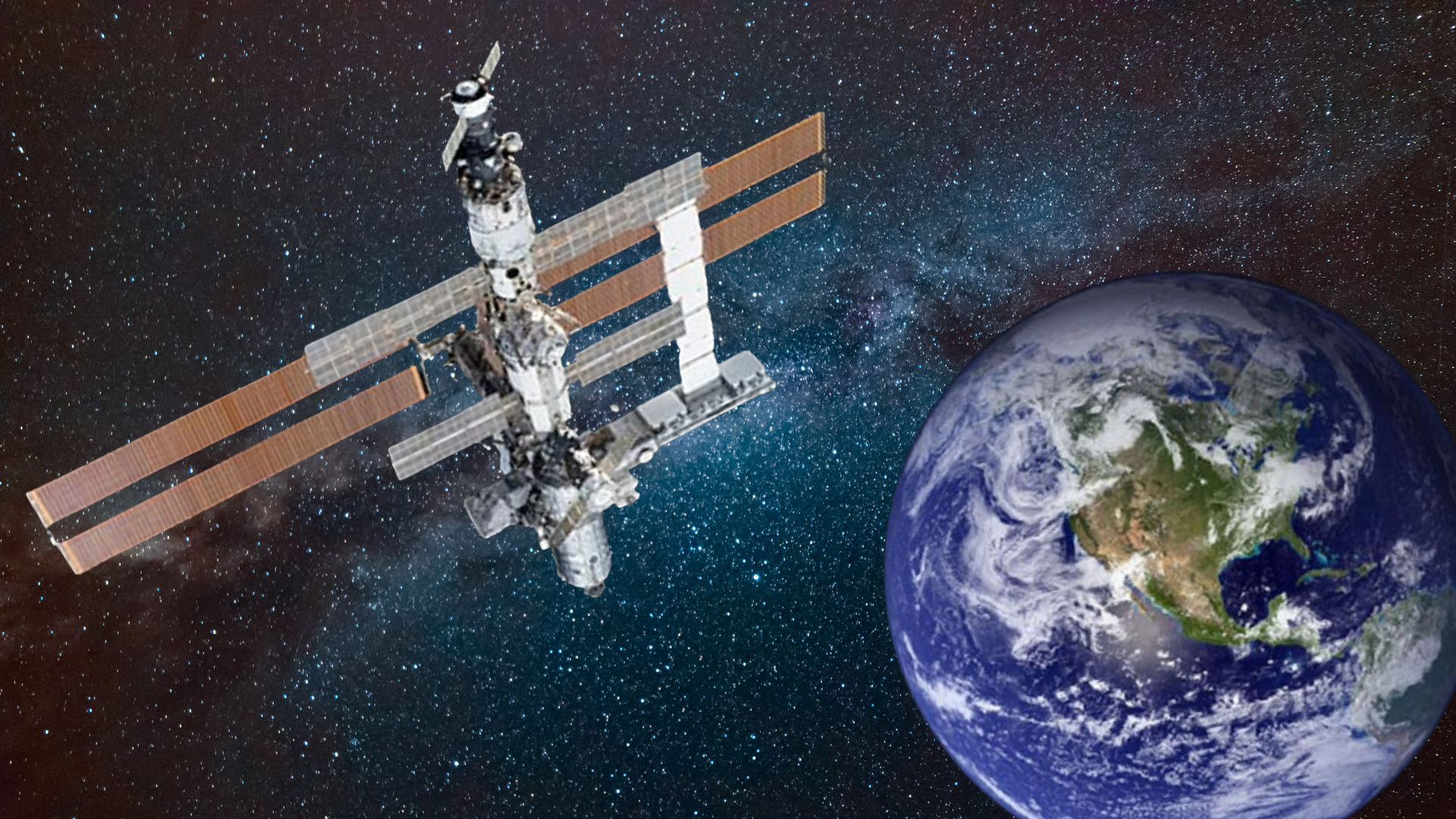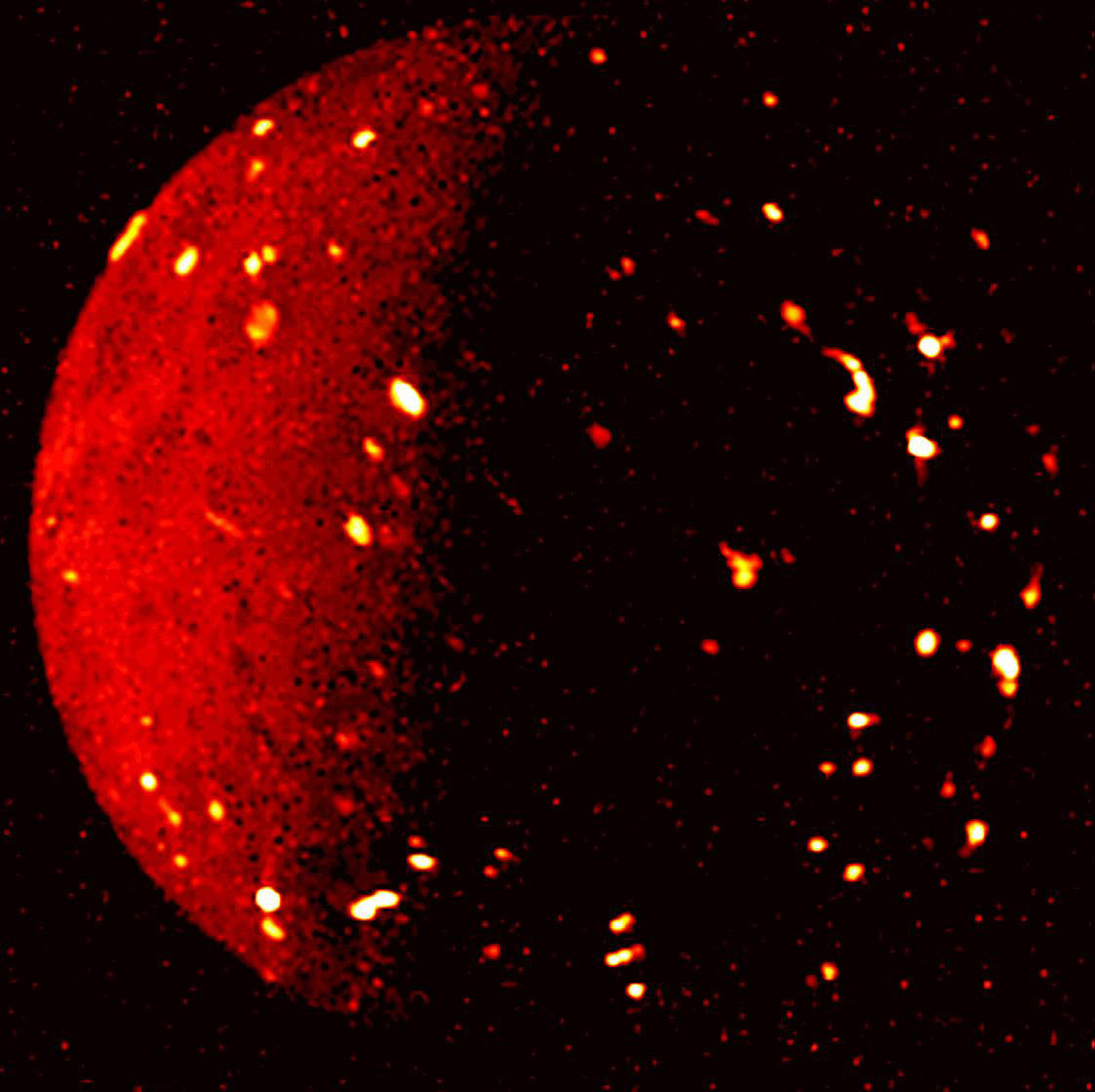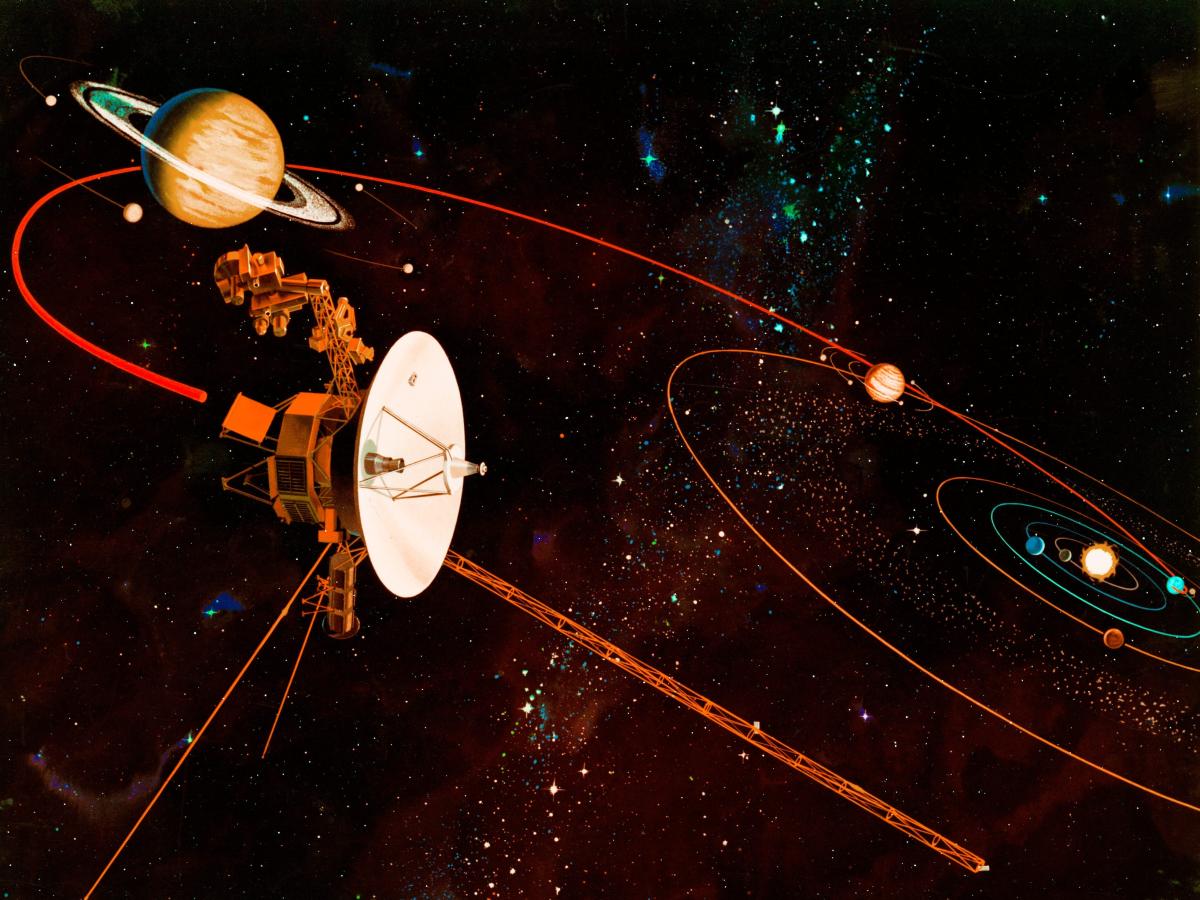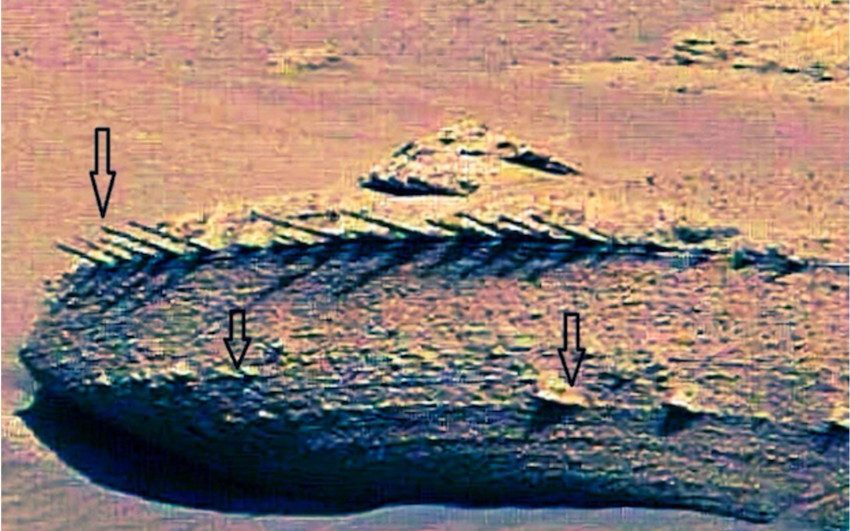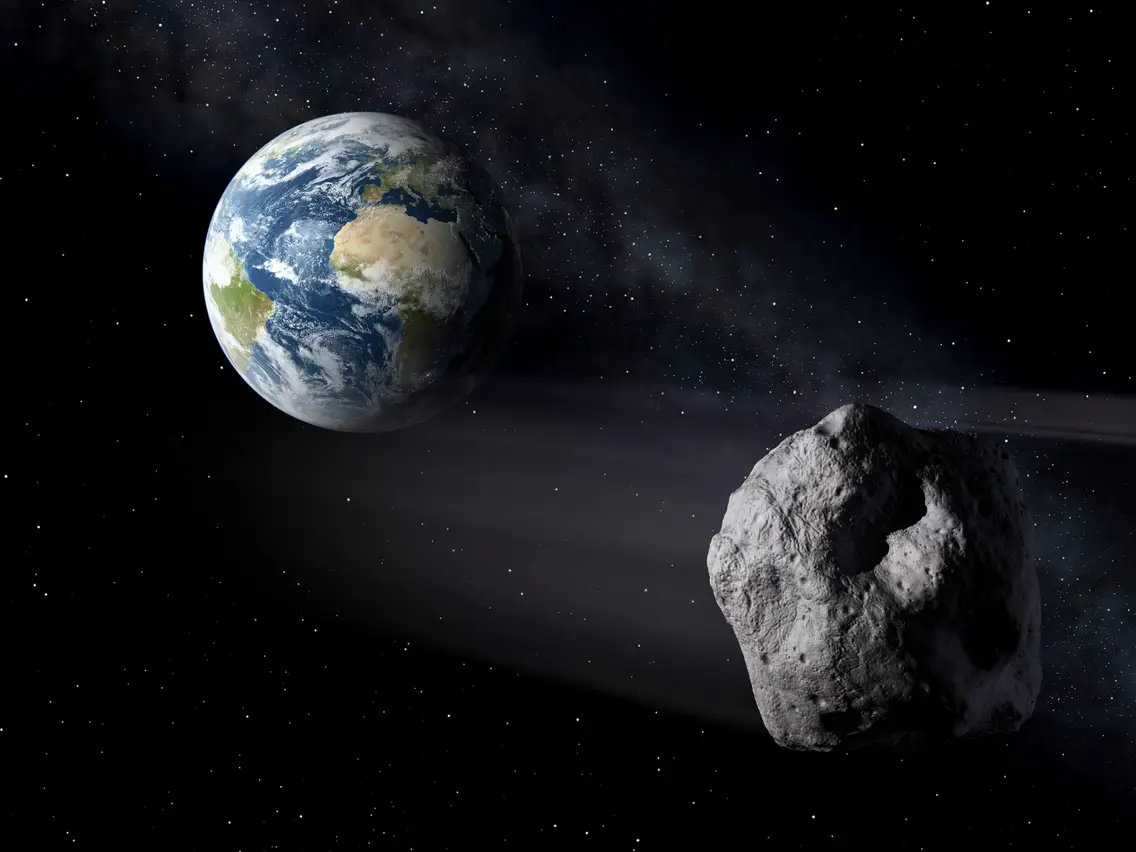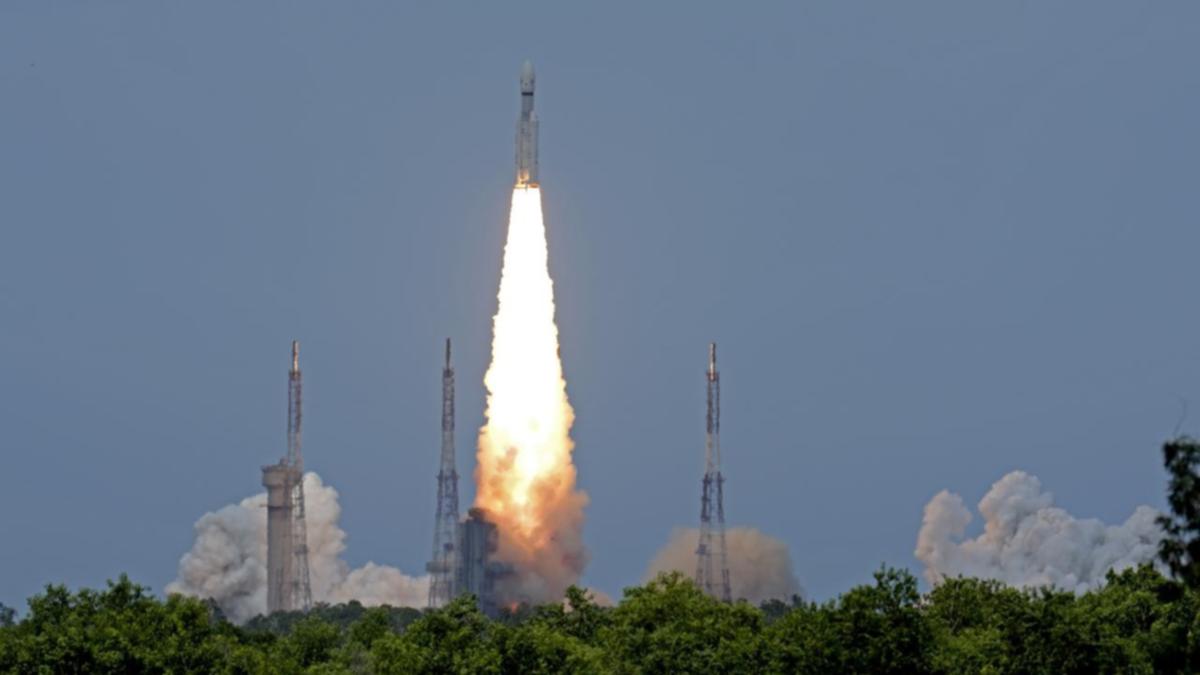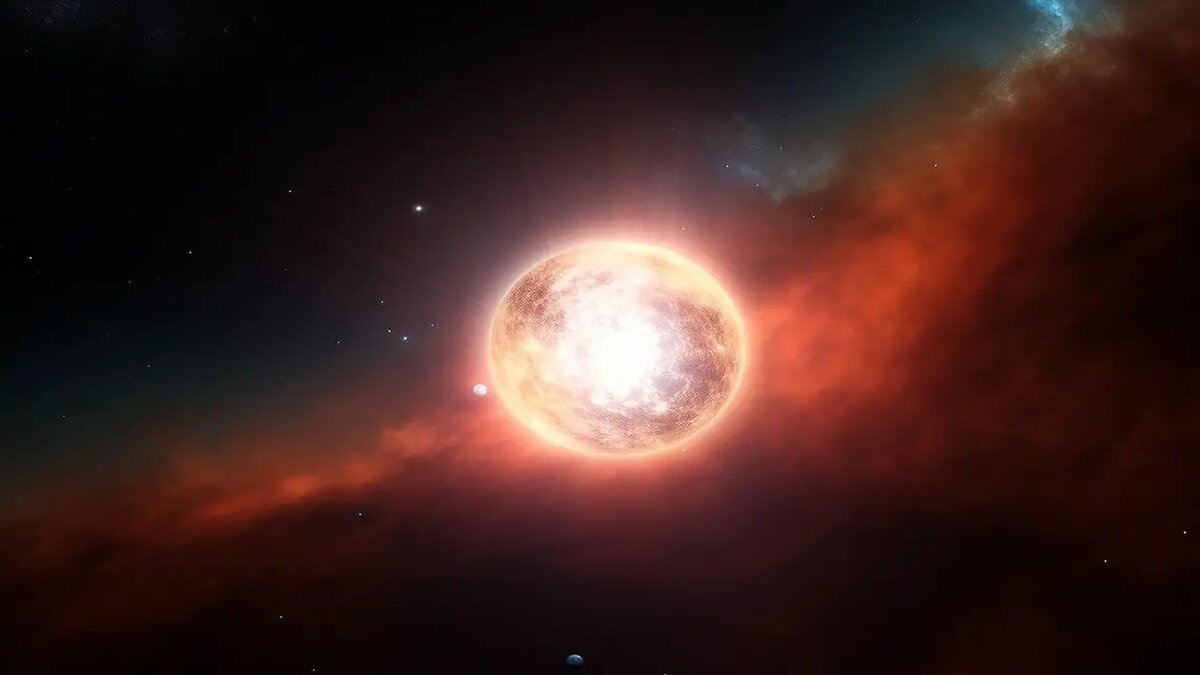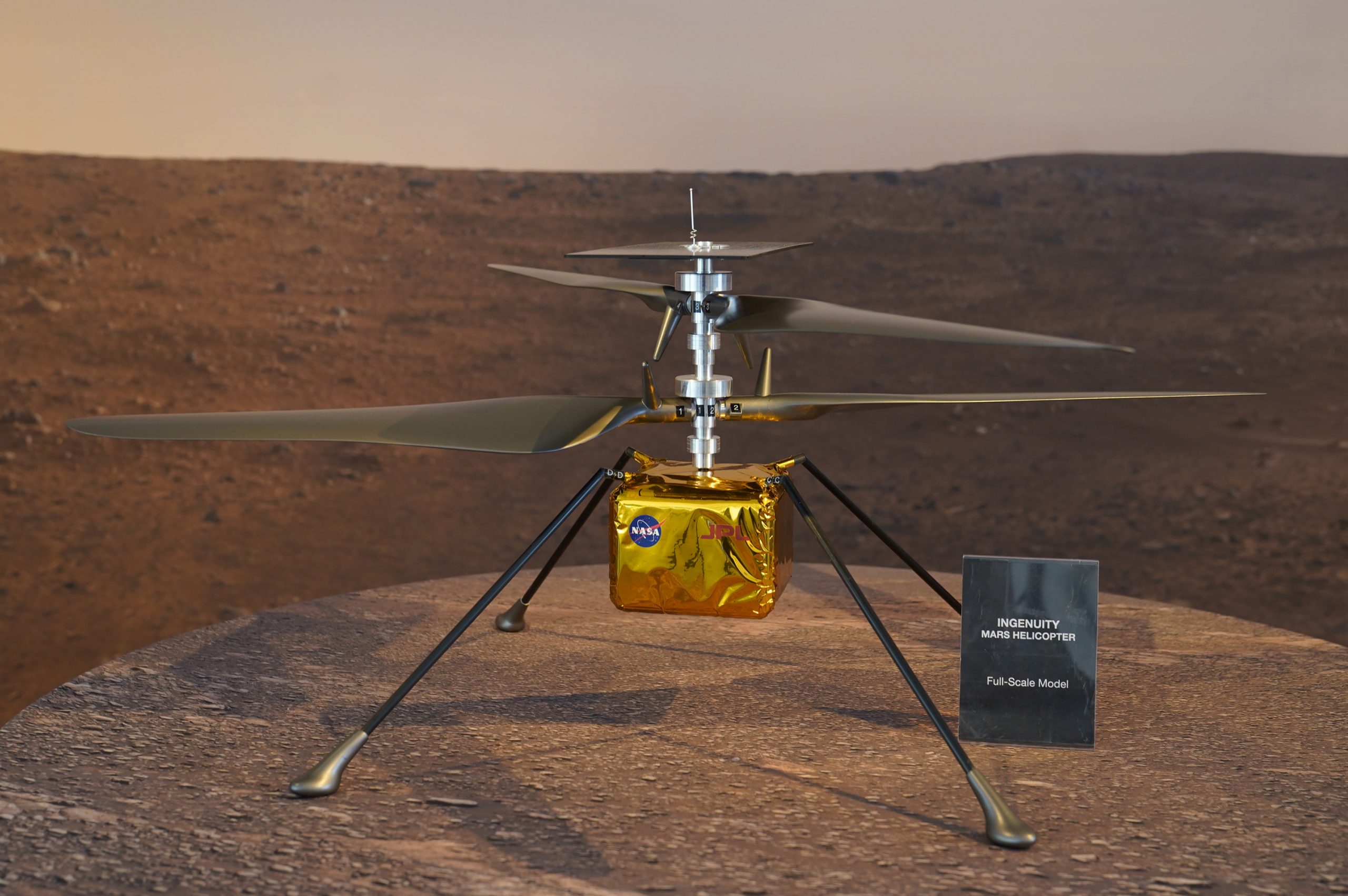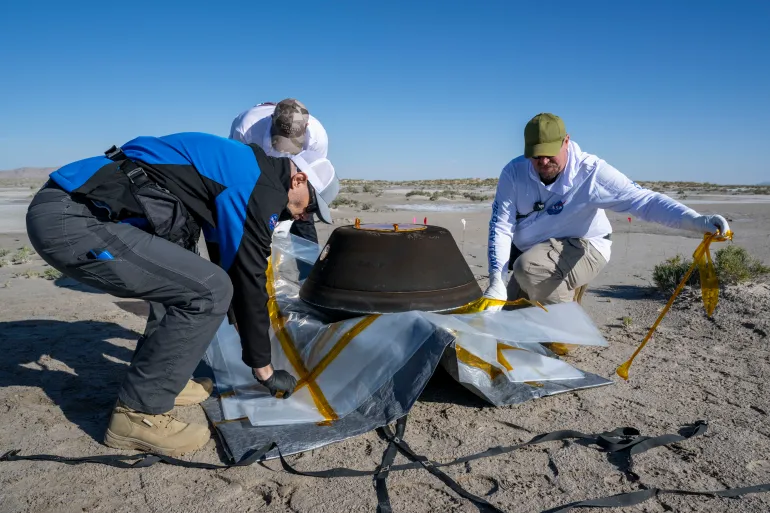
NASA’s Osiris-Rex Capsule Lands Successfully in Utah
NASA’s Osiris-Rex Capsule carrying the oldest asteroid rock samples successfully landed on earth in Utah. The rock sample was taken from the asteroid Bennu, which has seen more than 4.5 billion years of history. The samples will provide important information about the evolution of our solar system, the agency said.

